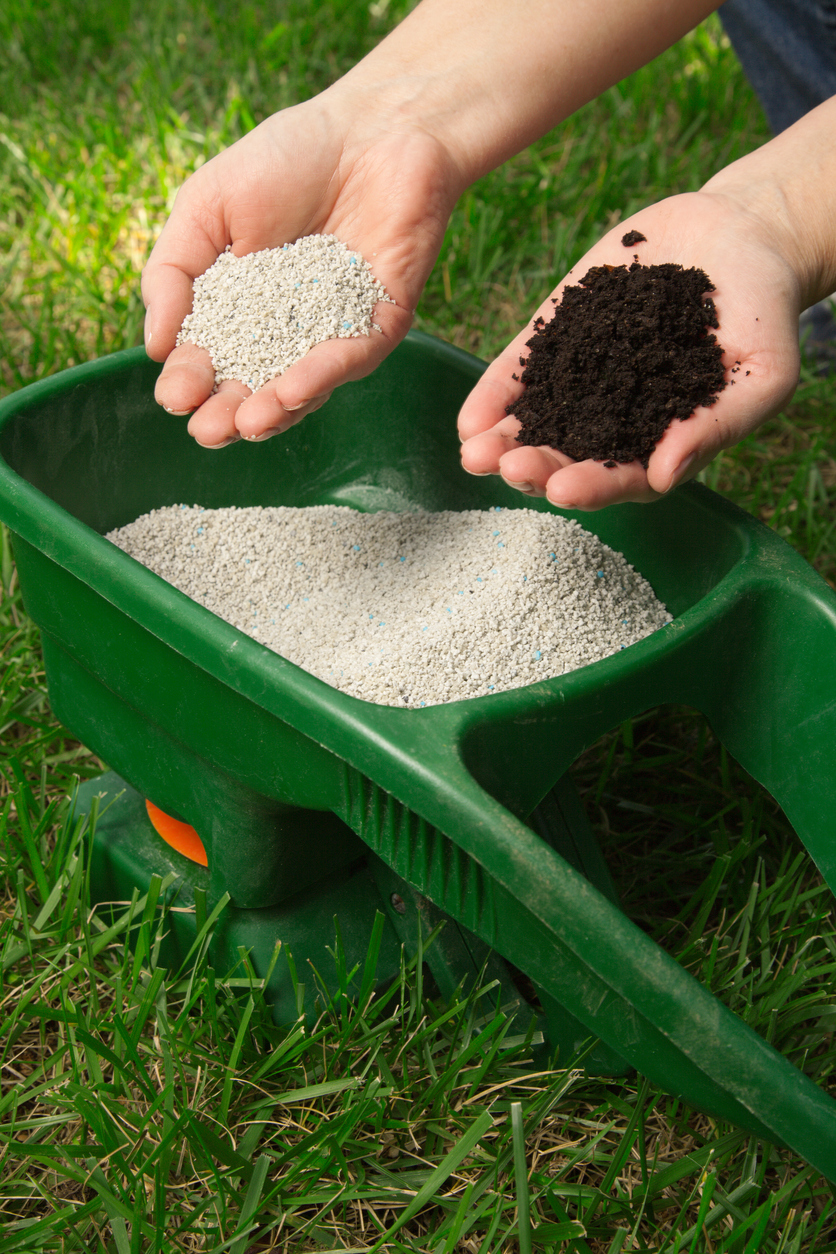
Organic vs inorganic fertilizers
What's better - organic or inorganic fertilizers?
Healthy soil has a variety of nutrients in it to help your plants grow strong enough to defend themselves from most (but not all!) pests and diseases. Soilless mixes,
What is
By definition, a fertilizer is "any organic or inorganic material of natural or synthetic origin which is added to a soil to supply elements essential to the growth of plants." (Brady, Soils, 1974)
What exactly does that mean? Organic means something which is or was alive. Animal manures were once living plants. Bonemeal, a by-product of slaughter houses, is composed of
Organic vs. Inorganic
There has been much controversy over organic versus inorganic fertilizers. It is important to realize that plants do not recognize the difference between organic and inorganic fertilizers. As long as these elements are supplied in adequate amounts it makes little difference to the plant if they are organic, inorganic, natural or synthetic. Their tiny root hairs can absorb only nutrients that have been broken down into inorganic, water-soluble forms. It makes no difference to your tomato plant if the atom of nitrogen it is absorbing has come from a compost pile or a fertilizer factory. There are, however, advantages and disadvantages to each form of fertilizer, organic and inorganic.
Organic Fertilizer
Advantages - Organic nutrients include such things as cow, sheep, poultry and horse manure. (One should avoid using pig, dog or cat
There is less danger of over-fertilization by adding decomposed organic material to a garden. It provides a slow release of nutrients as micro-organisms in the soil break the organic material down into an inorganic,
Disadvantages - For the most part, organic fertilizer is not immediately available to the plants. As noted above, this "
The possibility of nitrogen depletion is another drawback of organic fertilizers. Because of complex bacterial action, the addition of a large amount of organic material can cause a temporary nitrogen depletion in the soil and therefore in the plants.
Inorganic Commercial Fertilizer
Advantages - The primary advantage of using packaged commercial fertilizer is that nutrients are immediately available to the plants. As well, the exact amounts of a given element can be calculated and given to plants.
Disadvantages - Commercial fertilizer, especially nitrogen, is easily washed below the level of the plant's root system through the leaching of rain or irrigation. An application which is too heavy or too close to the roots of the plants may cause "burning" (actually a process of desiccation by the chemical salts in the fertilizer). As well, overly heavy applications of commercial fertilizers can build
Whether a gardener chooses to use organic, inorganic or a combination of both types of fertilizers, it's important to follow the guidelines regarding

